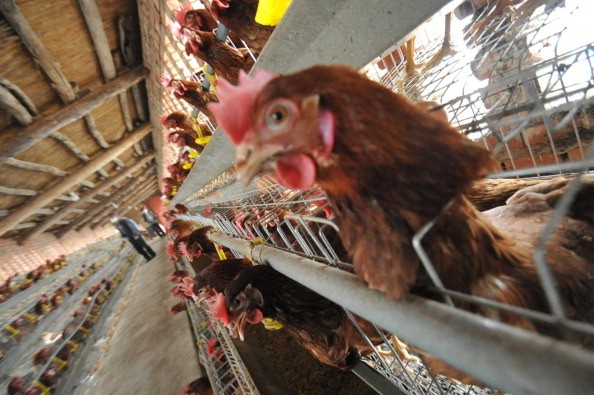The Chinese poultry trade continues to reel on the outbreak of the H7N9 avian flu virus, otherwise known as bird flu, with the latest affecting several parts of Hunan Province. Thus, authorities have suspended the sale of live poultry in the province's cities.
Channel NewsAsia reported that around five people in Hunan perished from the effects of bird flu since the start of 2017, with a further 20 currently suffering from its symptoms. Other cities throughout China have prohibited live poultry selling since the disease spread.
Changsha city, the capital of Hunan Province, has reportedly put a stop to its live poultry trade, while the report also specified other cities such as Yueyang as among the areas where the sale of live birds will be stopped for the meantime.
With large Chinese cities no longer permitted to sell live birds since bird flu first broke out in 2013, smaller cities have since continued to host live poultry trade sessions, although that is quickly changing as the virus continues to spread throughout the country.
During the latter part of 2016, two major Chinese cities in Jiangsu Province have indefinitely suspended their live poultry trade. The South China Morning Post reported that the cities of Suzhou and Wuxi have suspended the sale of live birds due to public health concerns brought forth by bird flu.
Over 100 cases of bird flu have been reported in China since the last days of last year--a damning development to the country's large poultry market and its status as the world's second-largest consumers of poultry products.
Since both winter and spring count as high seasons for bird flu, experts advise that the disease will most likely spread during the first half of this year. Areas where migratory birds flock, particularly coastal areas, hold the risk of becoming hotspots for the disease.



























